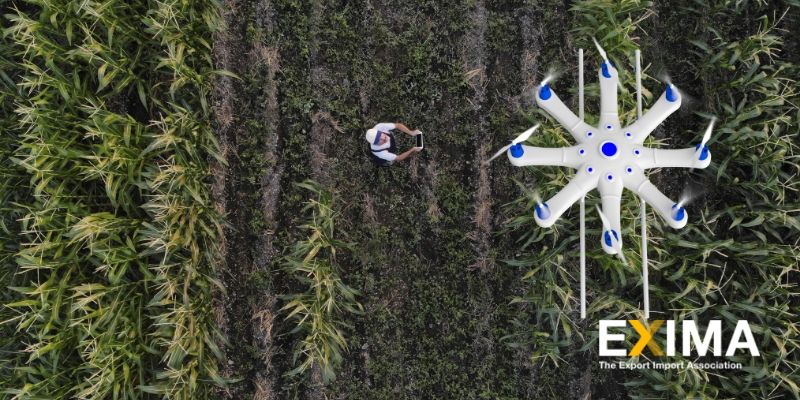The world faces a looming food crisis. Population growth, rapid urbanization, and changing diets are increasing the demand for food while simultaneously reducing available space for agricultural activity. At the same time, the effects of climate change threaten crop yields due to extreme weather events such as droughts and floods, soil erosion from increasing temperatures and heavy rainfall, and unpredictable weather, to name a few.
The COVID-19 Pandemic Has Worsened the Food Crisis
According to the UN, in order to fulfill rising food demand, we would need to double our current crop production by 2050. Thus, food insecurity is one of the biggest global humanitarian crises. The pandemic has exacerbated the problem, according to the World Health Organization. The “pandemic year [was] marked by a spike in world hunger” with around 811 million people going hungry in 2020.
Sensors and AI Will Save Crop Yields
The fourth agricultural revolution, also known as agriculture 4.0, combines sensor technology with artificial intelligence (AI) and the Internet of Things (IoT) to collect data in real-time to fine-tune conditions for crops so that they can thrive and be protected from adverse conditions. Over recent years, sensor technology has evolved greatly, and agriculture is one sector that has leveraged this technology.

Sensors are now available on the market, which are capable of measuring a myriad of factors that all relate to crop health, such as air temperature, air pollution, sunlight intensity, soil moisture levels, and precipitation. AI is used to analyze the data collected by these sensors to trigger actions that rectify any adverse conditions to protect the plants and maintain them in optimal conditions. The technology allows farmers to monitor crops far more closely than traditional methods would allow. It also helps them act proactively to protect crops from predicted weather patterns or extreme events. As a result, the impact of climate change can be mitigated, saving the devastation of crop yields and helping to encourage food security. Technology like this being used in agriculture 4.0 will be vital to helping the world produce enough food for its growing population.
New Opportunities
Between 1961 and 2013, the global trade of crops and animal-sourced food products increased five-fold. This increase mimicked the steady growth in food availability that accompanied this period. Now that food security hangs in the balance, the international trade of food stands to be impacted. While agriculture 4.0 may help to mitigate the impact of climate change, it is now a panacea. On a positive note, the new technology being utilized by the fourth agricultural revolution is allowing food to be grown in new places, which opens up new opportunities for food trade.
Let EXIMA Help You
EXIMA’s ultimate goal is to provide our users with all the knowledge we have on international trade. For more trading information, make sure to check out our other articles here!









